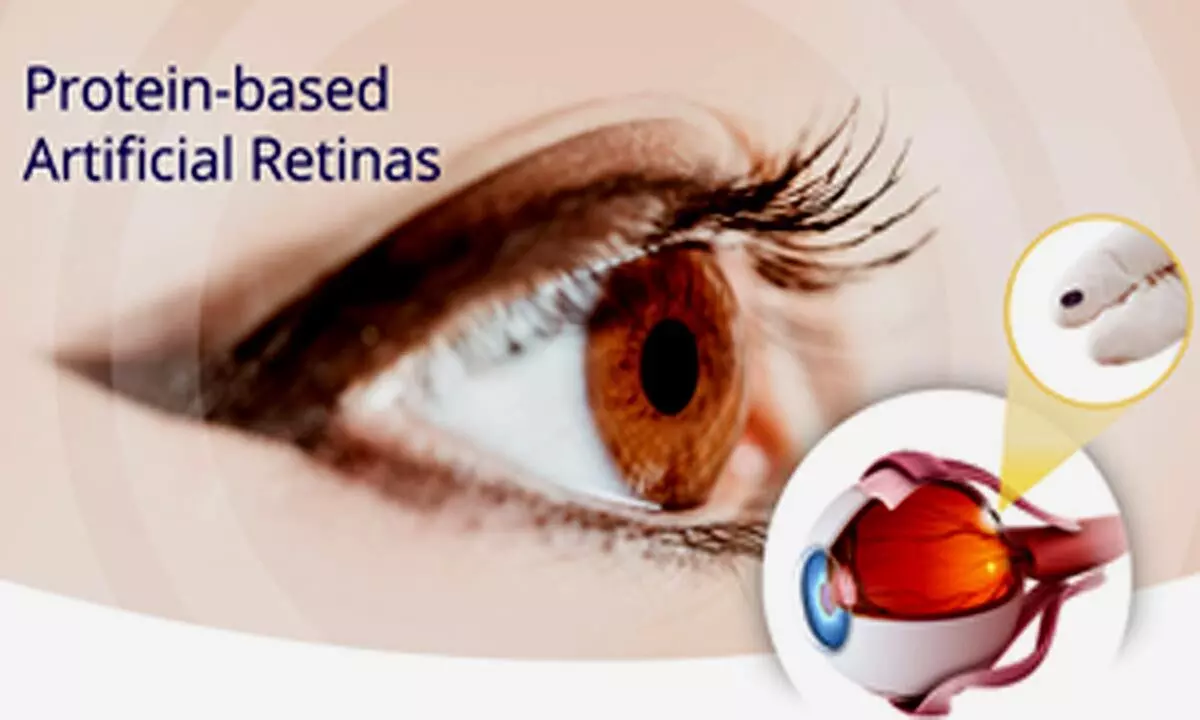US pharma start-up to manufacture artificial retina in space
Share :

In a bid to find cure for blindness on Earth, a US-based pharma start-up aims to leverage microgravity on Low Earth Orbit (LEO) to manufacture artificial retina in space.
New York: In a bid to find cure for blindness on Earth, a US-based pharma start-up aims to leverage microgravity on Low Earth Orbit (LEO) to manufacture artificial retina in space.
The company Lambda Vision will use the microgravity environment on the International Space Station (ISS) to develop a synthetic retinal implant that will restore sight to humans with degenerative eye diseases.
“LambdaVision is designing and developing an innovative, protein-based artificial retina that utilises a light-activated protein, bacteriorhodopsin, to restore functional sight to those who would otherwise be blind due to retinal degenerative diseases, including age-related macular degeneration (AMD) and retinitis pigmentosa (RP),” said the company on its website.
No cure exists for these diseases, and currently available treatments only slow their progression.
The company will use microgravity to improve upon layer-by-layer deposition to produce the first protein-based artificial retina.
The layer-by-layer assembly methodology -- a process traditionally done on Earth -- is believed to be more beneficial when done in a LEO environment where reduced gravity improves homogeneity, stability, and performance of thin films like the protein-based artificial retina, the company said.
In space, “you get nice even layers” of the protein with less wasted material, Nicole Wagner, LambdaVision’s CEO, was quoted as saying to Bloomberg.
“The goal is to be one of the first products manufactured in space that would be used here on Earth,” he added.
Since 2018, LambdaVision and its partner Space Tango have conducted eight missions to the ISS and have developed and validated space-based lab techniques and manufacturing methods.
The company has also met the goal of manufacturing multiple 200-layer artificial retina thin films in microgravity. It will undertake its 9th mission to the ISS in 2024, and aims to start human testing in three to four years.















